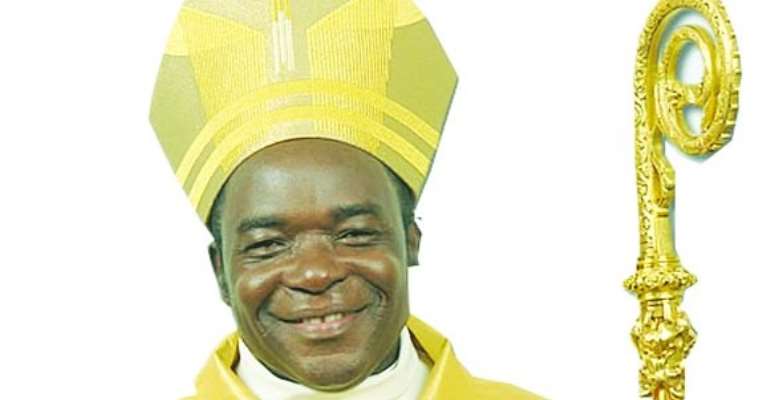The challenge of Lent- The Sun

Christians all over the world, including those in Nigeria, are currently observing Lent, a very important event in their annual calendar. The 40-day Lenten season, which began with Ash Wednesday on March 5, is a period of introspection and sober reflection for the faithful. The season is symbolic of the suffering, temptation and tribulation of Jesus Christ, the progenitor of the Christian faith, who went through an extraordinarily difficult and lonely period prior to his eventual crucifixion on the cross of Calvary.
That trial and subsequent death, for Christians, mark a final atonement for the sins of mankind. For many Christians, confession of sins and unflinching belief in Jesus Christ are fundamental for anyone to claim the eternal benefit from his sacrifice.
Therefore, for many Christians, the Lenten season is a period of renewal through fervent prayers and fasting. During this period, Christians are expected to engage in self-denial and penance, and demonstrate Spartan self-discipline by abstaining from pleasurable pastimes. Altogether, this is a period devout Christians are expected to shun excesses by deliberately subjecting their bodies to deprivations, to feel the void and yearnings that will draw them closer to God. Besides, through charity and feeling the pulse and pains of the less privileged members of society, Christians are, during Lent, expected to express their shared humanity and bond in God, who is their creator.
In a country that is sharply divided into those that have and those that do not, where bad governance, insecurity, joblessness and infrastructure decay have made life miserable for a vast majority of the populace, the Lenten season presents a unique opportunity for our Christian brethren to search their souls and consciences and meditate on the state of the nation. It is a time to put unhelpful animosities behind and resolve to do everything within their power to become better persons and citizens who will contribute their own quota to building a just and egalitarian society. In this regard, for both the poor, the rich and powerful, the challenge for personal introspection and expression of goodwill towards one another remains ever relevant. Even in this period of socio-economic uncertainties, the Lenten season throws a major challenge to Christian faithful to look up to Christ as a perfect model worthy of emulation, on account of his unqualified love, selflessness and sacrifice. Indisputably, these are essential virtues which should form the bedrock of the character and life of humanity.
The enduring lesson of Lent is the need to live a life that is not self-centred, but bears fruits for the larger society. Any life outside these ideals is, indeed, empty and worthless. Sadly, such worthless living is not uncommon in today's society, even among Christians. The situation is, perhaps, even worse among those in positions of leadership. Instead of living for all and enunciating policies that will uplift society, many are preoccupied with extreme selfishness and arrogance that are quite alien to the religion that they profess. This should not be so.
This Lent has also come at a time that Nigeria is witnessing increasing violence from insurgents in the North-East geo-political zone of the country. The season, therefore, affords the faithful another opportunity to pray for peace all over the country, without which there can be no progress.
Overall, Christ suffered vicariously for humankind. Christians should, therefore, use the opportunity of this Lenten season to demonstrate their shared humanity and bond in one God. These virtues should permeate the human spirit and the outward appearance, not only during Lent, but beyond.
